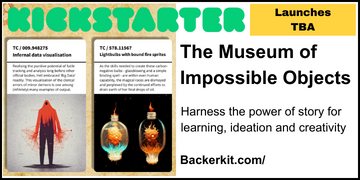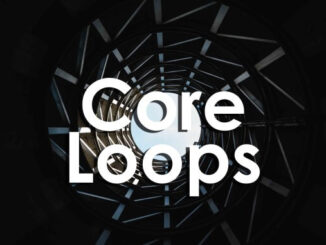
What does it mean to ‘role play’? Is it the same as ‘to play a role’? What is involved in them both, and why is it important?
When we talk about ‘role play’ we generally refer to taking on an identity for a brief period:
- We can role-play in a parlour game or board game where we adopt a persona in accordance with the rules.
- We can role-play for the purposes of learning – you play a French shopkeeper so I can practice my French – or testing a scenario – I’ll be an investor while you pitch your business idea.
- There is also ‘role play’ for the sake of acting out a sexual fantasy.
All three varieties of role play seem short-lived or in-the-moment activities, none to be taken too seriously.
‘Playing a role’, meanwhile, points at something more sustained. To ‘play the role of king’, for example, would extend for the length of a reign. That’s not a passing bit of role play. To ‘play the role of peacemaker’ might not last so long, but still suggests a greater and more serious investment of effort than ‘role play’ implies. The ‘peacemaker’ might also be the role that you default to in your family, for example, so that although the role never lasts long as an event, it is a position to which you often return.
Lying somewhere between ‘role play’ and ‘playing a role’ in life, is the idea of playing a role as an actor in a play. The play might be over in two or three hours, and yet the role is embraced with intent and commitment. To act in a play is to embark on something more serious than role-playing, but less serious than playing the role of peacemaker in your family on a recurring basis.
Despite the differences, however, there is something that unites role-play, playing a role, and acting in a play. They all require the self or the real person to stand aside, be suspended or become temporarily invisible. As with the wearing of a mask in some traditional drama, the true features are hidden while those of the character are put on display. The role comes to the fore; the self retreats or even disappears into the background.
The degree of disappearance varies. At one end of the spectrum, the true self is scarcely hidden at all. When a friend does an impression of a famous person – which is an everyday example of role-play – we don’t really lose sight of our friend in the process. We know it’s them even as their voice and mannerisms are momentarily altered. At the other end of the spectrum, there is method acting, whereby the actor becomes so consumed by their character that we might forget who the actor is. At the very extreme, we could cite cases in which an individual appears to be operated by forces beyond their control, as with speaking in tongues, diabolic possession, channeling, mediumship and automatic writing.
Even if the degree of reduction along that spectrum varies, the ‘self’ is always reduced when there is a role to take on. Philosophically speaking, this reducing of the self is notable because we tend to think of the self as the most essential thing about us. The self is the centre of who we are, the seat of our consciousness, the locus of all our experience, the sole entity to which each of us is identical. And so the fact that, during role play or the playing of a role, this essential and inalienable thing that we call the self can be fairly easily dimmed or switched off, suggests that the self might not be so essential or inalienable after all.
The point is that our ability to take on a role, however fleetingly, implies that the self is no more intrinsic to us than the role for which the self has made space. Perhaps the self is another kind of role. Our reliance on it, and its persistence, create the illusion of the self being inherent to us, but reliance and persistence are merely empirical qualities. Perhaps we ought to think of the self as a role with no self behind or beneath it.
- A Philosopher’s Note on the Idea of Role Play - 7th August 2023






Be the first to comment